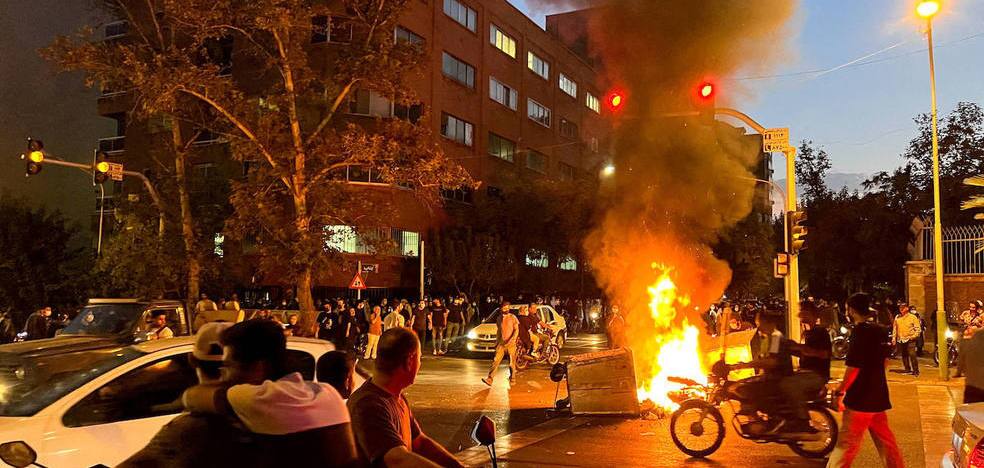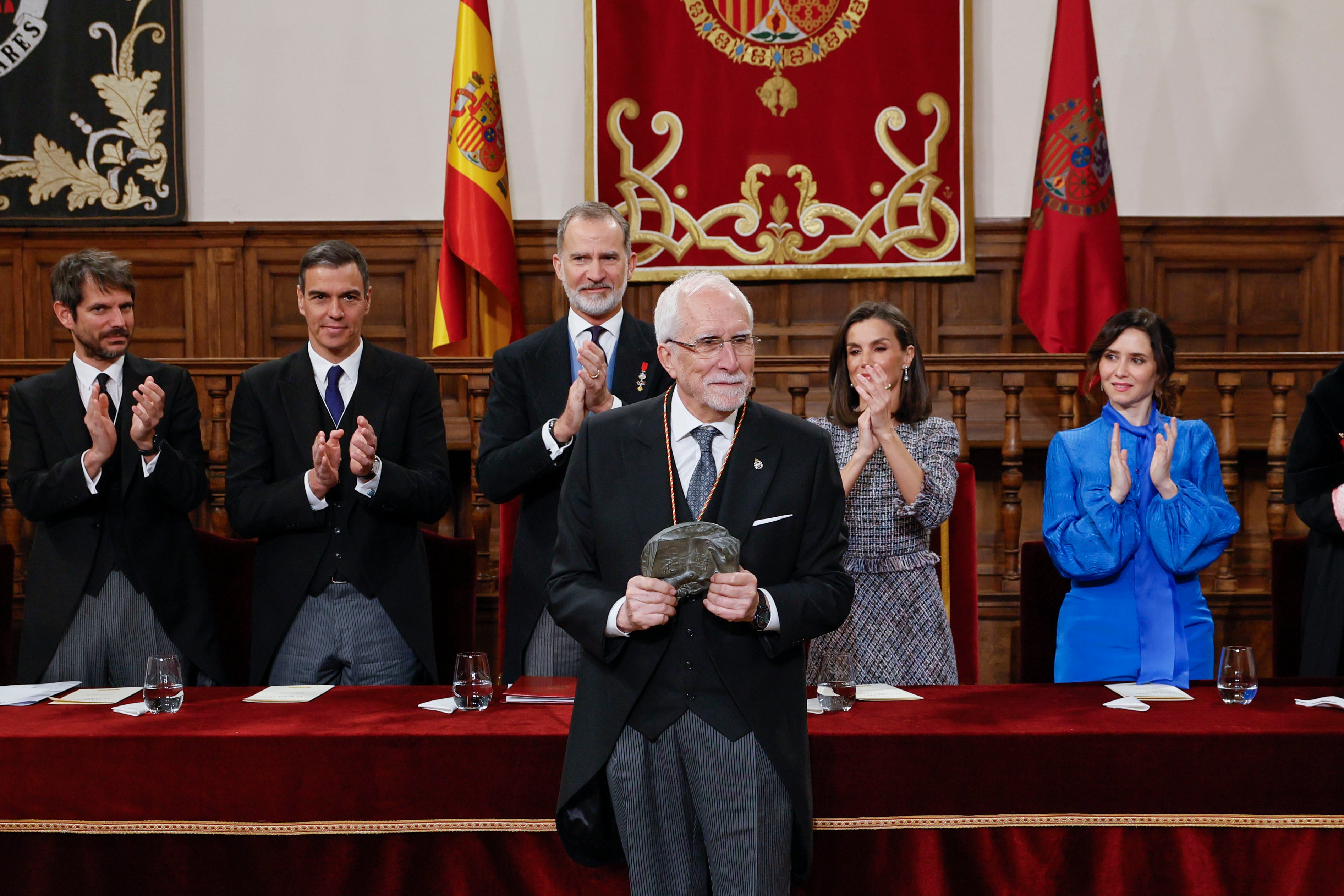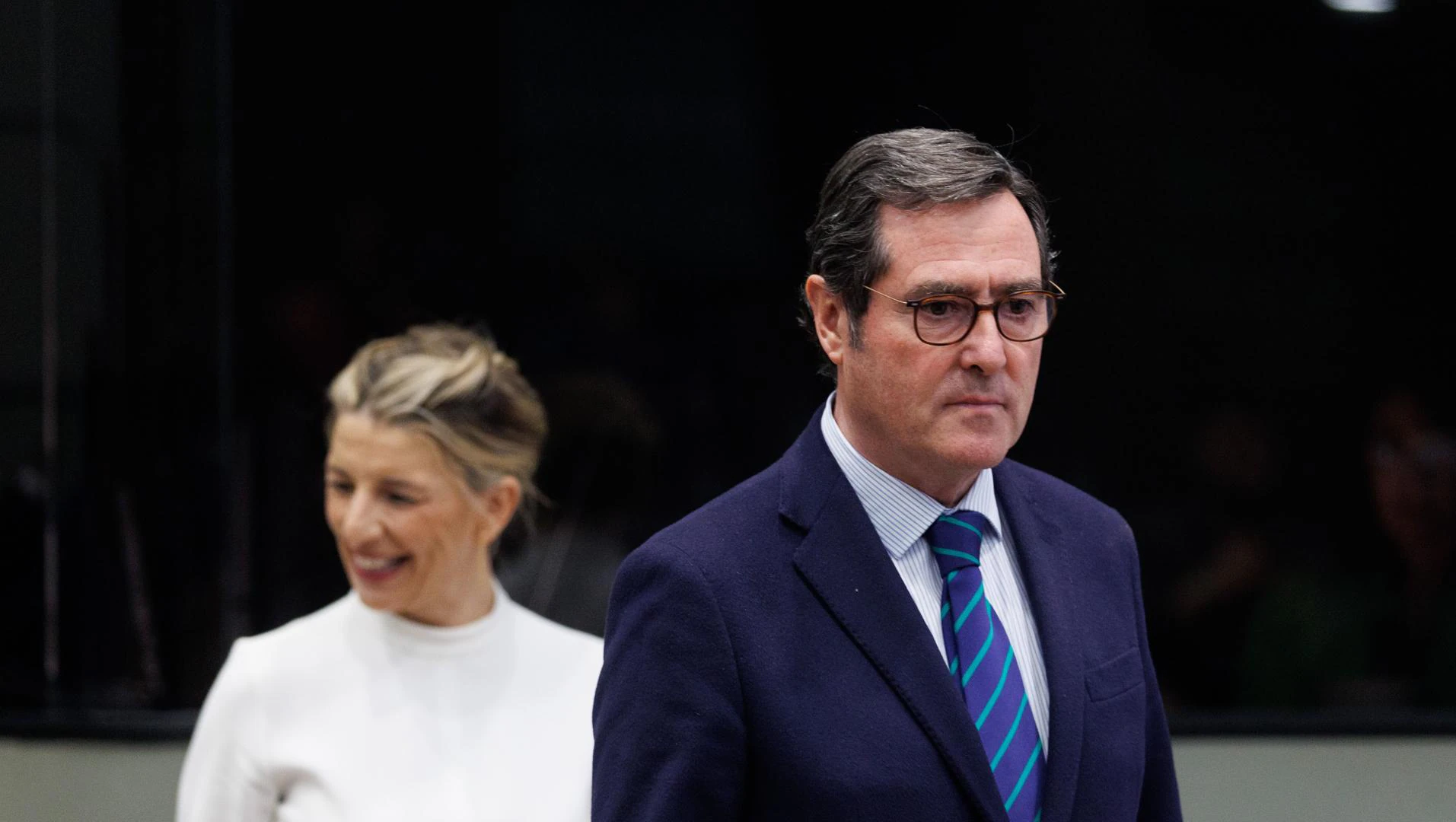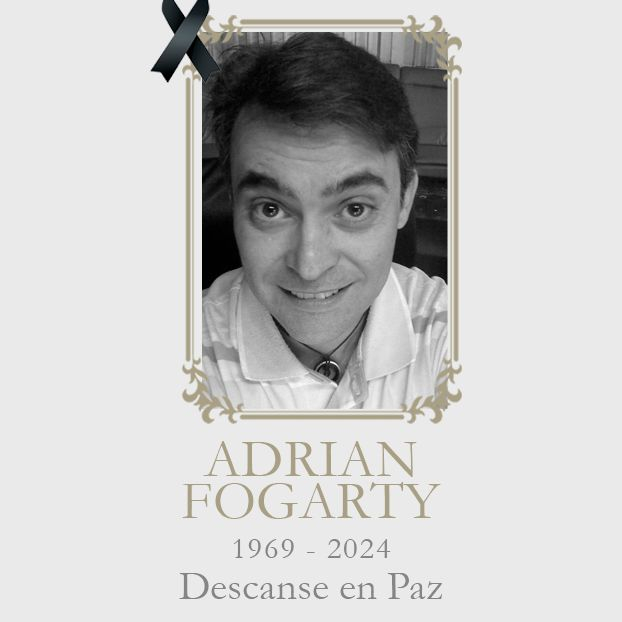Protest for the death of Mahsa Amini, in Tehran, last October /
According to the NGO Hrana, about 19,600 people have been detained since the outbreak of the riots.
The Supreme Leader of Iran, Ayatollah Ali Khamenei, has accepted a proposal from the Judiciary of that country to “pardon or reduce the sentence of a significant number” of those accused and convicted for their participation in the protests that were unleashed as a result of the death in custody, last year, of the young Kurdish-Iranian Mahsa Amini. The woman she died in unclear circumstances after being arrested on September 13, 2022 for wearing her hijab poorly.
As the official Iranian news agency IRNA reported this Sunday, the amnesty will be granted on the occasion of the upcoming commemoration of the 44th anniversary of the Islamic revolution, on February 11, 1979. The historic uprising marked the end of the Pahlavi dynasty by The country’s front was led by Ayatollah Ruhollah Khomeini, whose successor Ali Khamenei has been as Supreme Leader since 1989.
As detailed by the Iranian media, the proposed parole measure conforms to article 110 of the Iranian Constitution, which “grants the leader the right to pardon or reduce the sentences of those convicted on the recommendation of the head of the Judiciary.” However, the amnesty is subject to various conditions and not all those convicted or accused will be able to benefit from it. Initially, it would not apply to any of the numerous citizens with dual nationality detained. Nor would it reach those accused of “spying for foreign agencies” or “affiliated with groups hostile to the Islamic Republic.”
In accordance with the terms stipulated by the Judiciary, those accused and convicted who “have not committed espionage, intentional homicide or injuries, or destruction of public property” would be deserving of this amnesty. Nor will those who do not express “regret for their activities and undertake in writing not to repeat them” be pardoned.
Khamenei thus accepts the proposal made by the head of the Iranian Judiciary, Gholamhosein Mohseni Ejei, who explained to him in writing that “a notable number of these inmates repent of their crimes and have apologized after the disclosure of the plots hatched by foreign enemies and anti-revolutionary and anti-popular currents». Although he has acknowledged occasional excesses in the harsh repression of the protests, the Iranian government has consistently blamed the demonstrations on the intervention of “rioters”, many of them in the pay of “foreign powers”.
Almost 20,000 detainees
The protests have so far resulted in between 481 and 522 deaths, including 68 members of the country’s security forces, according to NGOs specialized in monitoring the crisis. According to the NGO Hrana, up to 19,600 people have been detained since the outbreak of the protests, of which 713 have already been sentenced by an Iranian court.
Human rights groups say that among the nearly 500 killed in the repression there are 70 minors. At least four people have been hanged, according to Iranian justice, and 109 are threatened with the possibility of hanging. in fact, the country’s authorities have indicated that the protests have subsided significantly since the death sentences began to be carried out. For its part, Amnesty International has criticized the Iranian authorities for what it has described as “sham trials designed to intimidate those participating in the popular uprising that has rocked Iran.”
In any case, the Iranian government hopes that this pardon will reach “tens of thousands of convicts”, including the participants in the demonstrations, although the exact number that could fit all the aforementioned criteria is unknown.
legitimacy crisis
For his part, one of Iran’s main opponents, Mir Hosein Mousavi, calls for a “fundamental change” in the country’s political system, which is facing a “crisis of legitimacy” with the protest movement over the death of Mahsa Amini. . “Iran and the Iranians need and are prepared for a fundamental change, the main lines of which are being drawn by the pure Women-Life-Freedom movement,” Mousavi said in a statement on his website and picked up by local media this Sunday.
Mousavi, 80 and a losing candidate in the 2009 presidential election, has been under house arrest in Tehran for 12 years with his wife Zahra Rahnavard but has not been charged. The opponent proposes that a “free and fair referendum on the need or not to write a new Constitution” be held, because the current “structure” of the system is “unsustainable.”
#Iran #prepares #amnesty #significant #number #participants #protests









